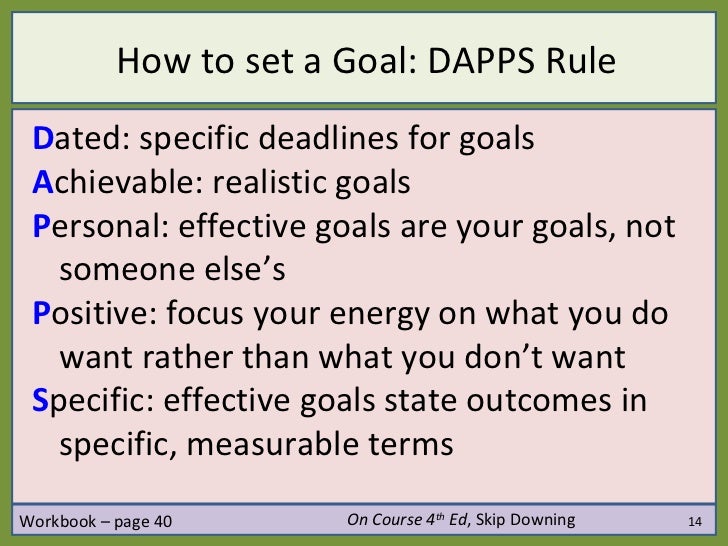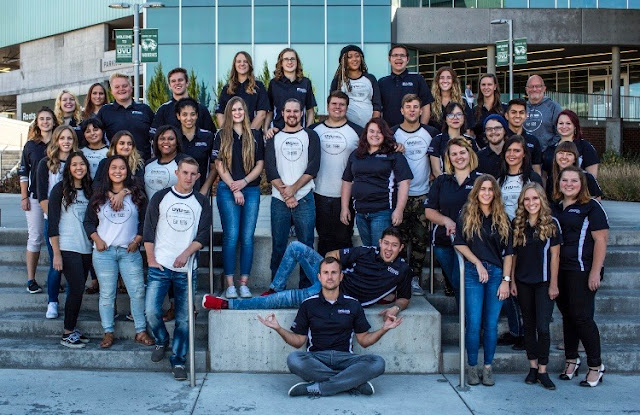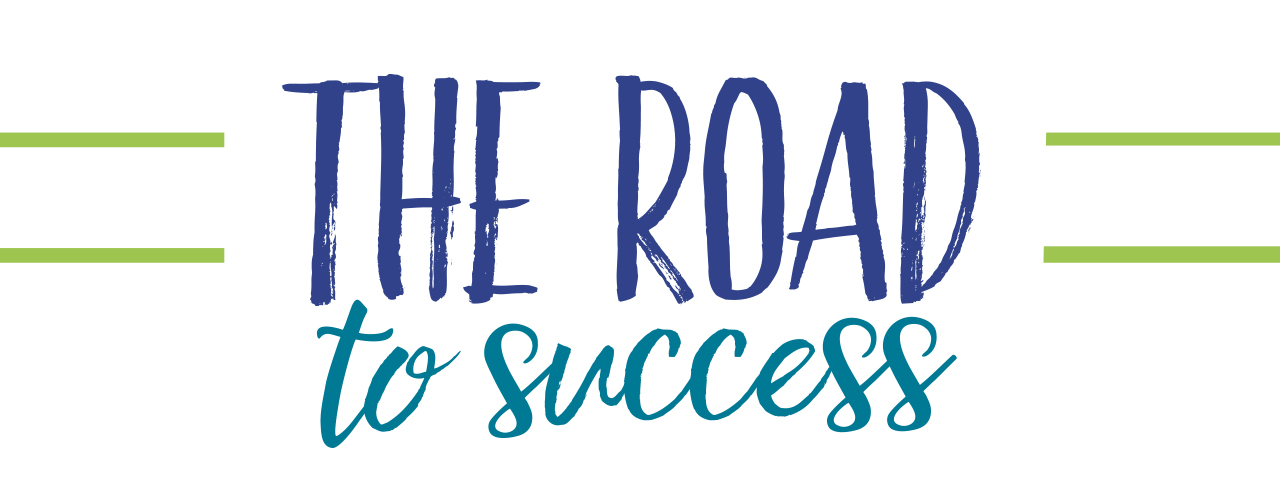Let’s talk about note taking. Do you take notes? If not, how come? Does your hand cramp up? Is it difficult to pay attention while taking notes? Does the class seem too easy to be taking notes in? Is it just not a habit? Are you too lazy?
Note taking is important. It keeps you focused and aware in class, triggers basic lesson processes and helps you to remember information, helps to prepare you for tests, saves review time, helps you learn more, and improves test scores. Your notes are a source of valuable information that instructors view as most important. They serve as visual reminders of what was said. Some things in your notes can’t be found anywhere else. There are SO many ways we can take notes. So let me show you a few! :)
Outline Method: This is the most traditional method. I commonly find myself using this technique out of habit.
Here’s an example of these outlining tips being used in a regular setting,
Slide Note Taking Method: If your instructor is one who posts the powerpoint before the lecture, this may be a method that can work for you. Print out the slides before class and then while you are in class, listen to things the instructor is saying that are not on the powerpoint. This can help you focus more on the lecture instead of needing to write down everything that appears on a slide. .
Mind Mapping: This is kind of like an “organized mess”. It’s a way to make note taking fun. I enjoy using this technique in helping me come up with a topic of what to write an english paper on. It’s a good way to get ideas out on paper. As far as making this my “go to” note taking method is difficult for me. It doesn’t flow as well as I would like it to. I focus too much on making my notes look pretty, rather than the lecture.
Cornell Notes: This is a method loved by many people. This Cornell technique makes studying for tests fairly easy. It helps you already have your study guide in place!
These are the most common note taking methods. I suggest trying them out until you find one you really like. Some people are slow writers so they prefer using their computer to take notes on. Computers are very efficient and helpful in the note taking process but you still need to find something that works and makes sense to you. If you take notes but can’t figure out how to read them, then you shouldn’t be using that particular method.



























